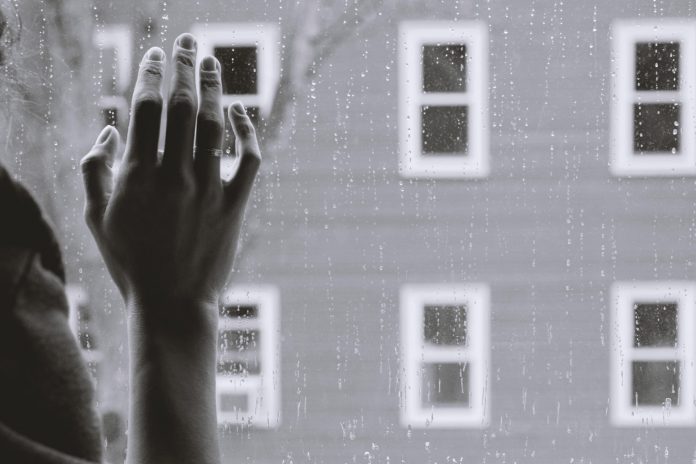Are we still connected? This simple yet significant question reflects the modern struggle to maintain relationships in our fast-paced digital age. Amid the constant flow of information and distractions, we often find ourselves questioning the depth of our connections. While technology has made it easier to stay in touch, true connection goes beyond virtual interactions. It encompasses genuine conversations, shared experiences, and emotional bonds. So, amidst the noise, let’s pause, reach out, and reinforce the connections that truly matter in our lives.
In the last couple of decades, mankind’s ability to connect with people has exploded and they have become more lonely.
First, the internet allowed us to chat or email anyone in the world. Then, the invention of cell phones allowed us to talk to people when we were away from our homes. Next, social networks made it possible to connect with our neighbors, childhood mates, co-workers, and more. Finally, smartphones brought all of these into a small hand-held device and made it possible for us to access it around the clock from anywhere in the world.
So anyone would think humans would be feeling good about their social lives, right? After all, never in human history has communication been easier and accessible. Unfortunately, this hasn’t helped us feel more connected and secure. In fact, it has made us lonelier and more isolated than before.
The advent of the digital era

The digital era has made our relationships more superficial. To form a meaningful relationship with someone, people have to talk about real issues and real problems in their lives. This is not what happens on social networking. People are focused on sharing only their achievements and the glamorous parts of their lives. There is a constant need to keep up the façade that your life is perfect, on Instagram. And this is taking a toll on forming authentic connections. Without meaningful relationships, it’s possible to fall into a spiral of loneliness even when you are surrounded by people.
Social Media feeding the ineptness in us and making us feel lonely?

Social networks have also shifted the emphasis on quantity from quality. Millennials are more focused on how many followers or friends they have on Instagram or Facebook than they are about how many of those will show up at actual times of trouble. Some studies show the more connections you have, the more stressed out you’re likely to be. It’s not the number of relationships that matter, it’s the quality. Having five real friends is healthier for you than having 500 social media connections that you don’t feel anything real with.
Too much screen time interferes with your ability to read cues. It’s a proven fact. Try taking a five-day detox from all screens and you will find yourself more receptive to the people around you. The Gen-Z is slowly forgetting to read cues and other people’s emotions, ultimately losing social intelligence. People can usually read people’s faces and what one might be feeling in social interaction. But if you are always buried behind your screens, you might’ve dulled your ability to do that. Balance is the key.
These are just a few insights about why social media and screen technology which was made for a singular purpose to connect, make us lonely. But with all that said, technological developments aren’t a bad thing. It is upon us to strike a balance between screen time and real-life and use technology for the best of our interests.
It takes a lot of effort to stay physically connected in the age of social media. But it is important to do so because loneliness doesn’t just affect your mental health but also curbs your physical abilities to perform activities as well as you could. One should take proactive measures about combating loneliness and isolation. It can be difficult to reach out when you’re feeling left out but it is always a good idea to call someone over for a coffee, attend the weekend event, get out for dinner or make conversation with a stranger.
Accommodate yourself in a space where there are more opportunities for real-life social interactions that might turn out as lasting and meaningful relationships. Somewhere you can collaborate with like-minded people, perform daily activities in the company of other people, and share stories with them.
If you are anyone you care about is struggling with chronic loneliness or depression, it is recommended that you get in touch with a therapist as soon as possible. But if you have grown aware of how to fix it and are ready to do start a new way of life, get in touch with us.
Still, feeling lonely? We’ve got a warm and welcoming community for you!






